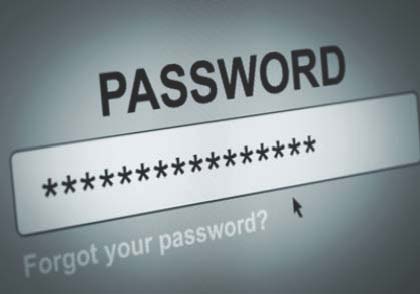With new reports of security breaches and cyberattacks making headlines almost daily, business owners are beginning to understand the importance of secure passwords. Employees, however, are still choosing lame passwords – like 12345 or password – that could easily be cracked with a password cracking program. Those programs, by the way, know all the popular passwords and can crack up to 100 billion a second. Adding numbers to the end of your password – password123 – or using special characters – like the ones in the headline of this article – may not be enough to prevent a hack.
Nonetheless, it’s still a best practice to make it hard to guess your password. Think of it this way: your business is the castle, and a password is the key to that castle. It really doesn’t matter how strong the walls are if the bad guys can easily pick the lock and help themselves to your sensitive data. Here are some Dos and Don’ts in creating stronger passwords:
- Do make it as long as possible, preferably 14 characters or more. Be sure to use upper and lowercase letters, numbers and special characters.
- Don’t use personal information such as your name, birthday, pets’ or children’s names, your phone number, etc.
- Don’t use adjacent keys on a keyboard such as zxcvb or 12345.
- Do intentionally misspell words such as krazee or happi.
- Do consider making up a sentence such as “My third year of college was more fun than it should have been!” and using the first letter of each word to create the password – M3yocwmftishb!.
- Do change major passwords at least twice a year or quarterly.
Of course, you could always consider using password management software to help you create, store and keep track of all your passwords. Just remember to create a password that’s easy to remember for the password manager itself. LastPass 4.0 and LogMeOnce Password Management Suite Premium have both gotten excellent reviews in PC magazine.

